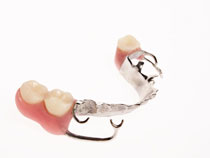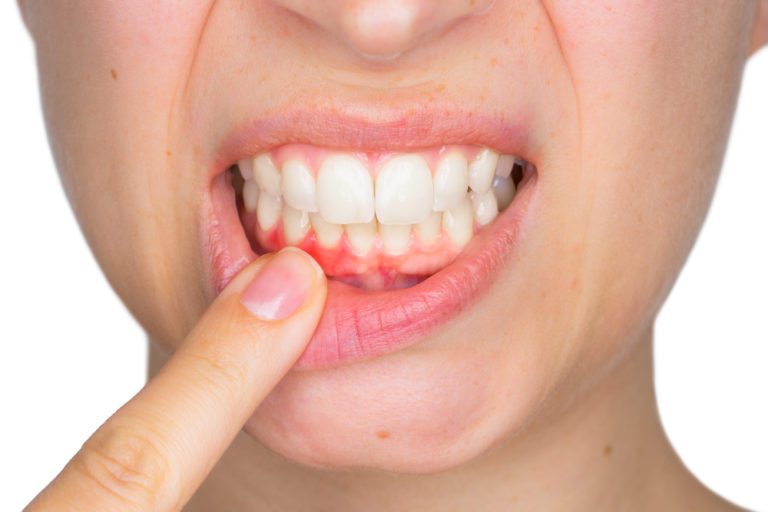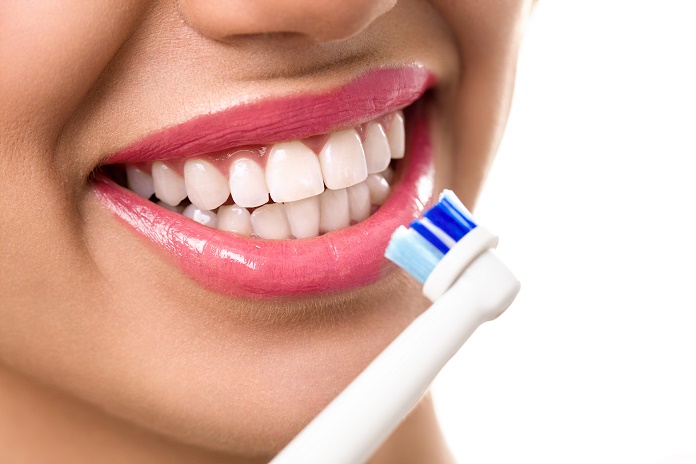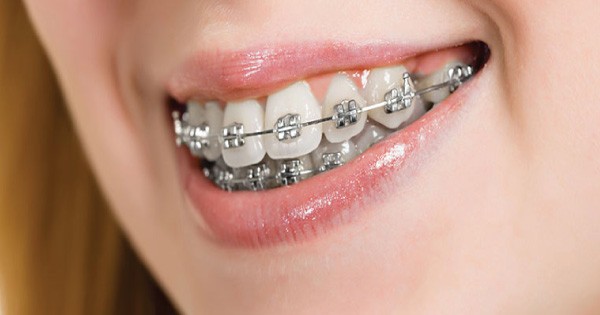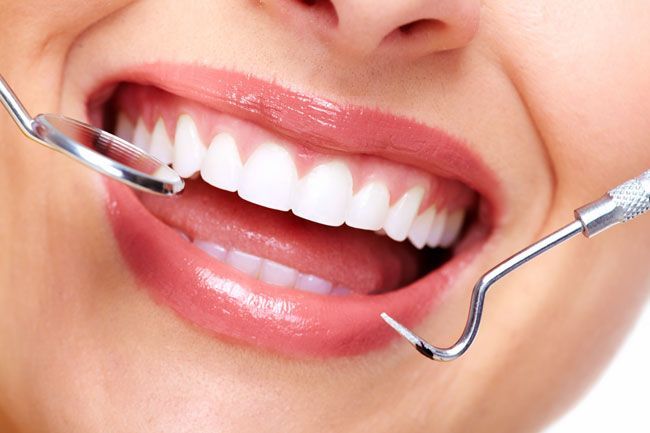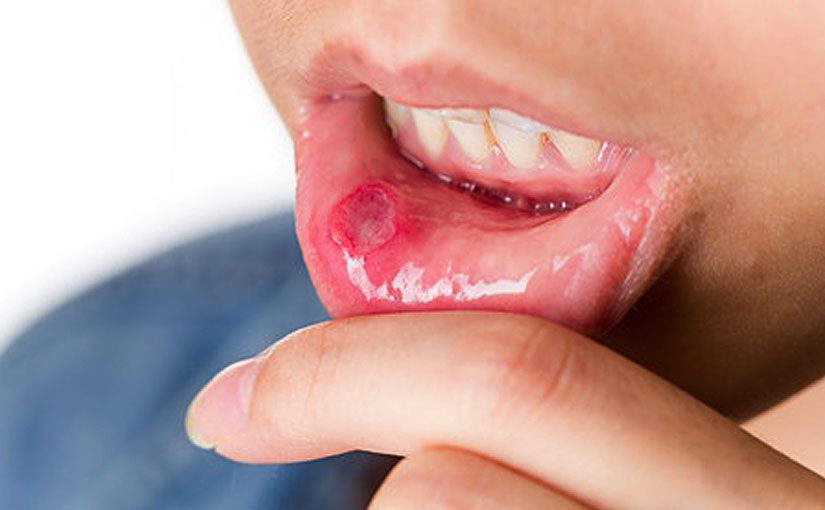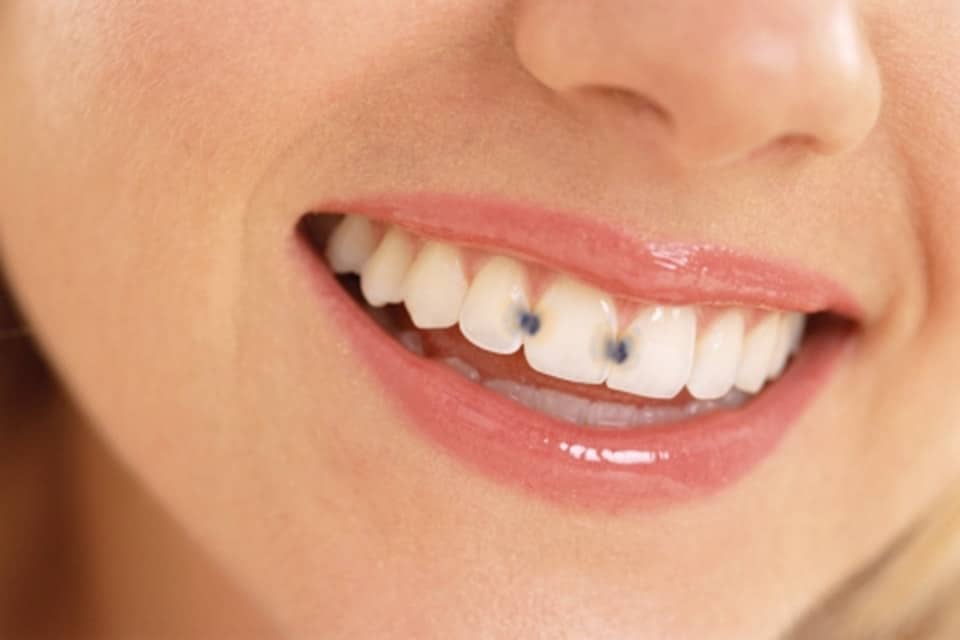
You’ve probably heard someone refer to their “sweet tooth” as their reason for loving sugary treats. But is there really such a thing? While it’s not an actual type of tooth, it turns out that your cravings for sugary foods might be more than just your preferences.
Vitamins, Minerals and Your Teeth
Proper nutrition is beneficial for your whole body, including your teeth and gums. By ingesting the right vitamins through food or supplements, you can help protect your oral health. Here are five essential vitamins for teeth and gum health.
1. Calcium
Calcium isn’t just good for your bones, it’s good for your teeth, too. The National Institutes of Health (NIH) explains that calcium helps form and maintain healthy teeth.
2. Phosphorus
Phosphorous is another important vitamin for healthy teeth. The University of Maryland Medical Center reports that besides calcium, you have more of phosphorous than any other mineral in the body, and most of it is in your teeth. It’s necessary for the maintenance and repair of all the body’s tissues. When it comes to your mouth, phosphorus works with calcium to keep your teeth strong.
3. Vitamin D
Vitamin D plays a big role in keeping your teeth healthy. This micronutrient tells your intestines to absorb the calcium you’ve eaten and moved it into your bloodstream. Delta Dental explains that without enough vitamin D, your body will leach calcium out of your bones.
4. Vitamin C
While many vitamins are good for your teeth, others, like vitamin C, are good for your gums. According to the Mayo Clinic, vitamin C is needed for the formation of blood vessels and other key tissues that support your teeth. The nutrient is also important for healing. When people have severe vitamin C deficiencies, they can experience bleeding gums. That’s how important vitamin C is to your gum health.
5. Vitamin A
You may have heard that vitamin A is good for your eyes, but it’s also great for your mouth, explains the NIH. It helps form and maintain tissues like teeth and mucus membranes.


